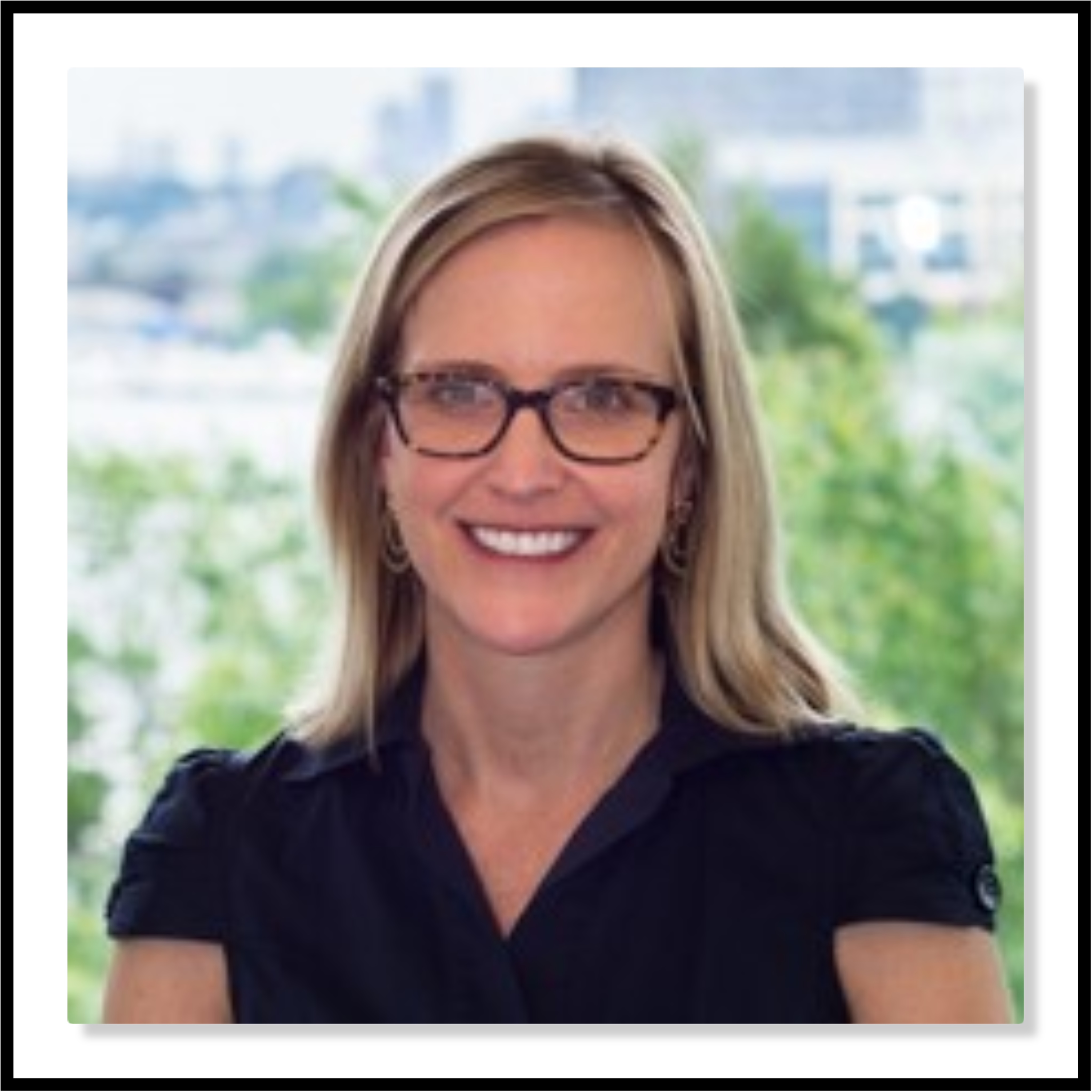Chief Talent Officer at Cambridge Systematics since 2020
As the Chief Talent Officer at Cambridge Systematics since 2020, how would you describe the HR challenges you face in the transportation industry versus some of the other industries you’ve had experience in?
I’ve had the opportunity to work in several industries and, interestingly, the challenges we face are not unique to transportation consulting. They feel more universal and are in response to the changing world of work, technology advancements, and employee expectations. Specifically, I am focused on:
- Adapting recruitment strategies and total rewards to attract and retain talent in a competitive job market.
- Providing meaningful opportunities for career growth and development.
- Managing remote and hybrid work arrangements while maintaining employee engagement and achieving business objectives.
- Addressing employee well-being and mental health concerns.
- Embracing technology and leveraging generative AI to work productively and efficiently.
- Preparing our next generation of leaders and employee owners for the responsibility of preserving our independence and providing innovative solutions to clients for the next 50+ years.
Cambridge Systematics took the Mobility XX Pledge early last year. The pledge is a commitment to taking two actions by September 2022 to advance gender equity in the transportation workforce. Could you tell us a little about your efforts to date and how these tie in with Cambridge Systematics overall DEI initiatives?
Our CEO, Brad Wright, was eager to sign the Mobility XX pledge on behalf of our firm. Mobility XX is a partnership set to help the transportation industry increase the number of women in the transportation workforce by 10% over the next ten years. As part of our pledge, we needed to commit to some actions, including or in addition to actions in our DEI strategic plan. We committed to the following actions:
- Creating and launching a mentoring or sponsorship program.
- Continuing to host internal “coffee breaks” to discuss issues and challenges in a safe space while using these meetings to expand transportation insights by elevating diverse voices, research, planning studies, and outreach.
- Participating in quarterly peer exchanges hosted by Mobility XX.
I am thrilled to report that we successfully launched a formal firm-wide mentorship program and 37% of our employee population is participating in our first cycle which will wrap up in November. We will launch our next cycle in early 2024. We also continue to host internal coffee breaks (other companies may refer to these as “brown bags” or “lunch and learns”) and topics range from internal policies such as paid family leave to ways we are embedding equity in our client-facing work. In addition to our internal discussions, we also invite guest speakers to share their contributions to our industry, and as an example, we had Heidy Persaud, from the Transportation Equity Network (“TEN”) join one of our coffee breaks to discuss the history of TEN and talk about some of their work in Chicago.
With public transportation systems facing unprecedented challenges post-COVID due to Work From Home arrangements with significant drops a in ridership, how has that impacted Cambridge Systematics business and how has CS approached Hybrid work for employees?
In the early part of the pandemic, we experienced highly variable demand for our services and products across all our practice areas. As you can imagine, our transit clients were hit hard by the COVID-19 pandemic. Within this particular client base, we have seen an increase in demand for services and products as agencies are looking to update their plans to reflect their new post-COVID operating realities.
We have approached how we get work done by centering flexibility. We have found through surveys and 1:1 conversations that our employees are very appreciative of the fact that we have not mandated how many days people need to come into the office and that we’ve left it up to them to come in when they choose. We also hired several fully remote employees since the start of the pandemic and continue to this day. Our employees work on projects all over the US and we don’t want geography to limit our talent pool. We are currently working on a strategy to address engagement and in-person connection, and we continue to collect employee input to co-create the future of work at CS.
Cambridge Systematics has been in business for over 50 years! How have you been able to cultivate employee engagement across a very diverse, distributed employee population? Regarding talent attraction, how are you able to identify and attract the next generation of analysts, project managers and engineers in such a competitive market?
One of the things that we did to cultivate employee engagement during the height of the pandemic was to implement a monthly agenda-free meeting which was similar to an “ask me anything” format where people could bring any questions they had – from a tactical question about covid protocols or a more strategic question about a growth investment. Over time, these meetings have evolved and still occur, but we no longer hold them monthly and we’ve reframed the meeting and encourage more strategic questions about our clients, goals, and internal initiatives. We continue to see high attendance and engagement during these voluntary virtual meetings.
People are attracted to the fact that we have been in business for over 50 years, our reputation, our employee ownership structure, our size, and our purpose-driven culture. Many employees join CS because they are passionate about making transportation better for future generations. We pride ourselves on being a leader and innovator in our industry and a collaborative work environment. Also, as a smaller firm, employees have direct access to senior leadership. And as I already mentioned, we provide flexibility to employees. I would say that all these factors help us to attract analysts, project managers and engineers in such a competitive market.


Recent Comments